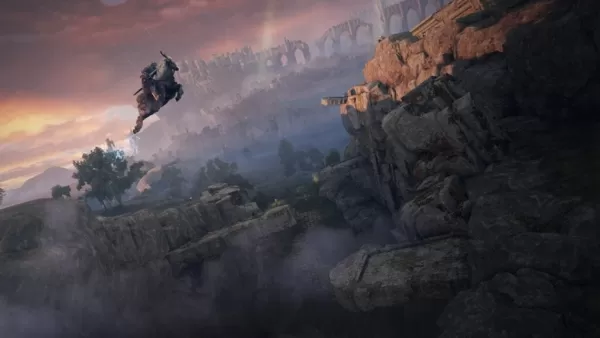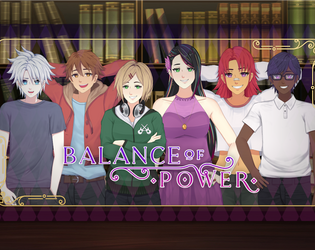Open-world games were once dominated by checklists, with maps cluttered with markers and mini-maps guiding every step, turning objectives into mundane tasks rather than thrilling adventures. However, with the arrival of Elden Ring, FromSoftware revolutionized the genre by discarding the conventional approach, eliminating excessive guidance, and granting players genuine freedom.
In collaboration with Eneba, we explore how Elden Ring has transformed the open-world genre and why it's a game-changer.
A World That Doesn’t Beg for Your Attention
Unlike most open-world games that constantly vie for your attention with incessant reminders and pop-ups, Elden Ring takes a subtler approach—it whispers. It presents a vast, mysterious landscape and encourages you to unravel its secrets at your own pace.
There are no obtrusive UI elements demanding your focus; instead, curiosity becomes your compass. If a distant landmark catches your eye, venture out to explore it. You might discover a hidden dungeon, a formidable weapon, or a grotesque boss eager to challenge you.
And here’s the kicker: there's no level scaling. The world remains unchanged, forcing you to adapt to its challenges. If an area proves too tough, you can return later—or not. It's your choice. Attempt to battle a dragon at level five with a broken sword if you dare, but prepare for a swift transformation into ash.
It's never too late to delve into the Lands Between, and with Eneba offering Elden Ring Steam keys at unbeatable prices, the adventure is more accessible than ever.
Exploration Feels Like Discovery, Not a Checklist
Traditional open-world games often turn exploration into a race to complete objectives as efficiently as possible. Elden Ring, however, redefines this experience.
There's no quest log dictating your every move. NPCs speak in enigmatic terms, distant landmarks beckon without explanation, and the game refrains from spoon-feeding information.
 This might seem daunting, but it's precisely what makes exploration so rewarding. Every cave, ruin, and fortress feels like a personal discovery. You venture there out of curiosity, not obligation.
This might seem daunting, but it's precisely what makes exploration so rewarding. Every cave, ruin, and fortress feels like a personal discovery. You venture there out of curiosity, not obligation.
Moreover, unlike games where loot feels random, Elden Ring ensures that every reward is significant. Stumble into a hidden cave, and you might emerge with a game-changing weapon or a spell capable of summoning a meteor storm.
The Joy of Getting Lost (and Surviving)
In many games, getting lost is seen as a setback. In Elden Ring, it's an integral part of the adventure. You might take a wrong turn into a treacherous poison swamp or wander into what seems like a peaceful village, only to be ambushed by horrific creatures. These experiences contribute to the world's vibrancy.
While the game doesn't hold your hand, it does scatter subtle clues. A statue might hint at an underground treasure, or a cryptic NPC could allude to a hidden boss. If you're observant, the world gently nudges you forward without dictating your journey.
Open-World Games Will Never Be the Same?
Elden Ring has set a new standard for open-world games, demonstrating that players crave mystery, challenge, and the thrill of discovery over constant hand-holding. FromSoftware's approach is a beacon for other developers to follow.
If you're eager to immerse yourself in a world that not only encourages but demands exploration, digital marketplaces like Eneba offer incredible deals on gaming essentials. Whether it's Elden Ring or other must-play titles, your next adventure is just a few clicks away.















